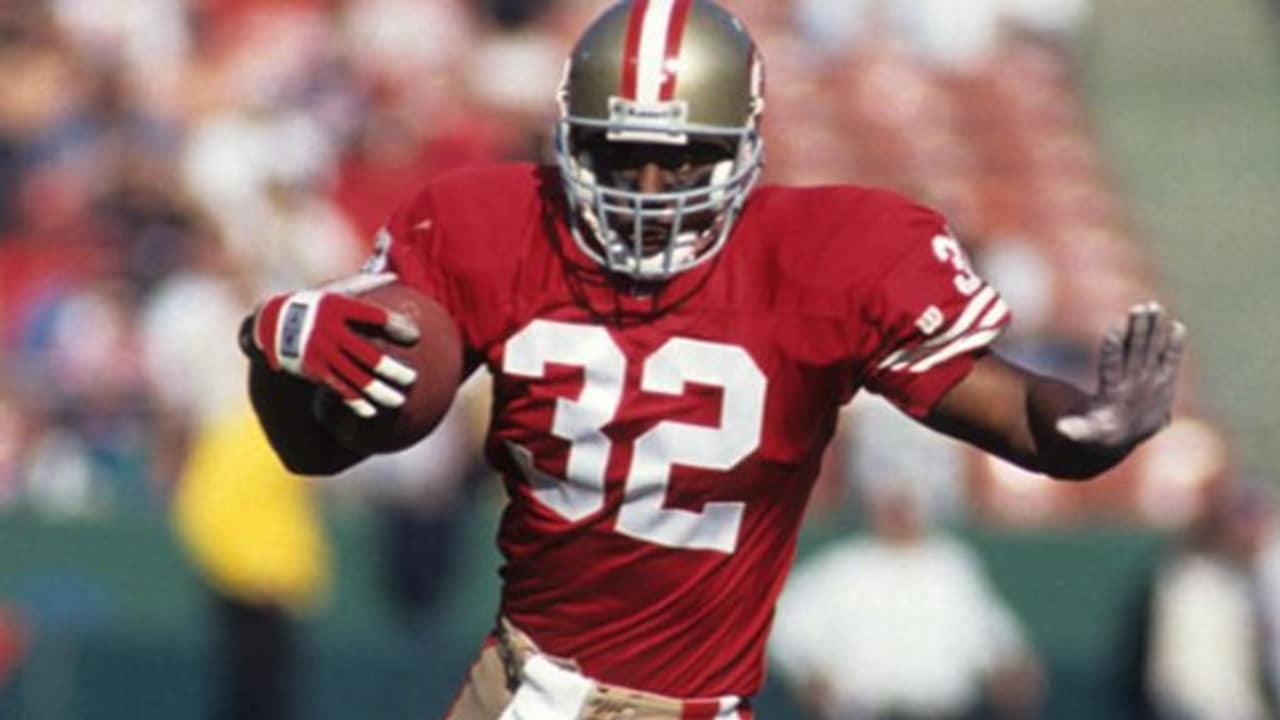Clem Daniels
Teams
Dallas Texans (1960)
Oakland Raiders (1961-1967)
San Francisco 49ers (1968)
Playoffs
Appearances - 1 (1967)
Conf Champ Games - 1 (1967)
Super Bowls - 1 (1967)
Championships - 0
Awards and Honors
All-Pro First Team - 2 (1963,1966)
Pro Bowl - 4 (1963,1964,1965,1966)
All-Time Ranks
Yards per Rush - #49
Yards per Touch - #68
Yards per Reception - #91
League Leads
Rushing Yards (#1-1963, #2-1966, #3-1964,1965, #4-1962, #7-1967)
Rushing Touchdowns (#2-1966, #3-1962, #5-1965, #7-1967)
Yards per Rush (#3-1963, #4-1964, #6-1962,1965,1967, #9-1966)
Rushing Yards per Game (#1-1963, #2-1966, #3-1964,1965, #4-1962,1967)
Receiving Touchdowns (#6-1965)
Yards per Reception (#1-1963, #8-1965, #10-1966)
Total Touchdowns (#3-1965, #5-1966, #6-1962, #7-1964, #10-1963)
Scrimmage Yards (#1-1963, #2-1964,1965,1966, #5-1962)
Yards per Touch (#2-1963,1964, #3-1966, #5-1965,1967, #6-1962)
After leading Prairie View to the NAIA national championship in 1959, Clem Daniels went undrafted in both the AFL and NFL Drafts in 1960, eventually signing as a free agent with the Dallas Texans.
Daniels played only one year with Dallas, but hardly played due to Abner Haynes being entrenched as the starter. He ended the season with negative 2 yards, and was traded to the Oakland Raiders after his rookie year ended.
It took a little over a year for him to really catch on in Oakland, but he finally became the starter midway through the 1962 season, and by 1963, he was a star. He led the league that year with 1099 rushing yards and 1784 scrimmage yards, and he was also best in the league at yards per reception with 22.8, which is a huge number for a running back. He was voted to the All-Pro First Team that year and the Pro Bowl, which would become routine for him.
Over the next 3 seasons with the Raiders, Daniels made 3 straight Pro Bowls, gained over 800 yards on the ground, and 500 yards through the air each season, but the Raiders never broke through to reach the playoffs during that time. He broke his leg 9 games into the 1967 season, and that was the year when they Raiders won the AFL and went to the Super Bowl, where they fell to the Green Bay Packers with Daniels out with the injury.
He was released and moved across the bay to join the San Francisco 49ers for the 1968 season, but gained only 37 yards before calling it a career. He retired as the AFL's all-time leading rusher, and he was also a great receiver out of the backfield, and he is still in the top 100 in yards per reception, a rarity for a running back. His entire career came before the leagues merged, but he is still one of the best to have ever played the game.





























